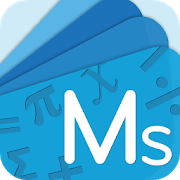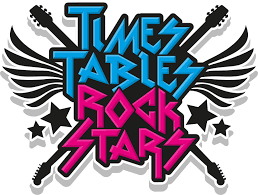Supporting Maths at Home
Children can achieve well at school when their family and friends take an interest in their school and schoolwork. Getting involved in your child’s education, even in the simplest way, shows that you care about their school life. Often, the more supported a child feels at home, the more effectively she or he will learn at school. Whatever your lifestyle, or family situation, it is never too soon (or too late) to start helping a child develop a positive attitude towards learning.

Helping your child get the best out of school
Try to give encouragement and show appreciation of your child’s achievements, whether great or small, as this can help boost their confidence. Teach them basic organisation and time management skills, so they are not overwhelmed with projects or homework. Be realistic and avoid putting your child under pressure by having over-high expectations. Let your child develop at their own pace, but if you do have concerns, please speak to their teacher.
We have put together a selection of websites that you may find useful when supporting your child's learning at home. If you know of any websites or apps that you enjoy using with your children, we would love to hear about your recommendations.
We hope you find our parents' guidance useful. Please do come and talk to us if there is anything you are unsure about. You will also find further Mathematics information on our Mathematics Curriculum page - please click here.
Oxford Owl Timetables Guidance
| TT Rockstars | Times Tables Rock Stars is a maths programme that takes all the worry out of learning times tables and has a proven track record of boosting children’s fluency and recall in multiplication and division. |
 |
Mathletics | Mathletics is the world’s leading educational resource for mathematics. As a school, our KS2 children have individual accounts to access this. Please contact your child's teacher for details. |
 |
Hit the Button | The app is aimed at 5-11 year olds. There are 166 different game modes of varying difficulty so it is useful throughout the primary school age range. Click here for more info. |









